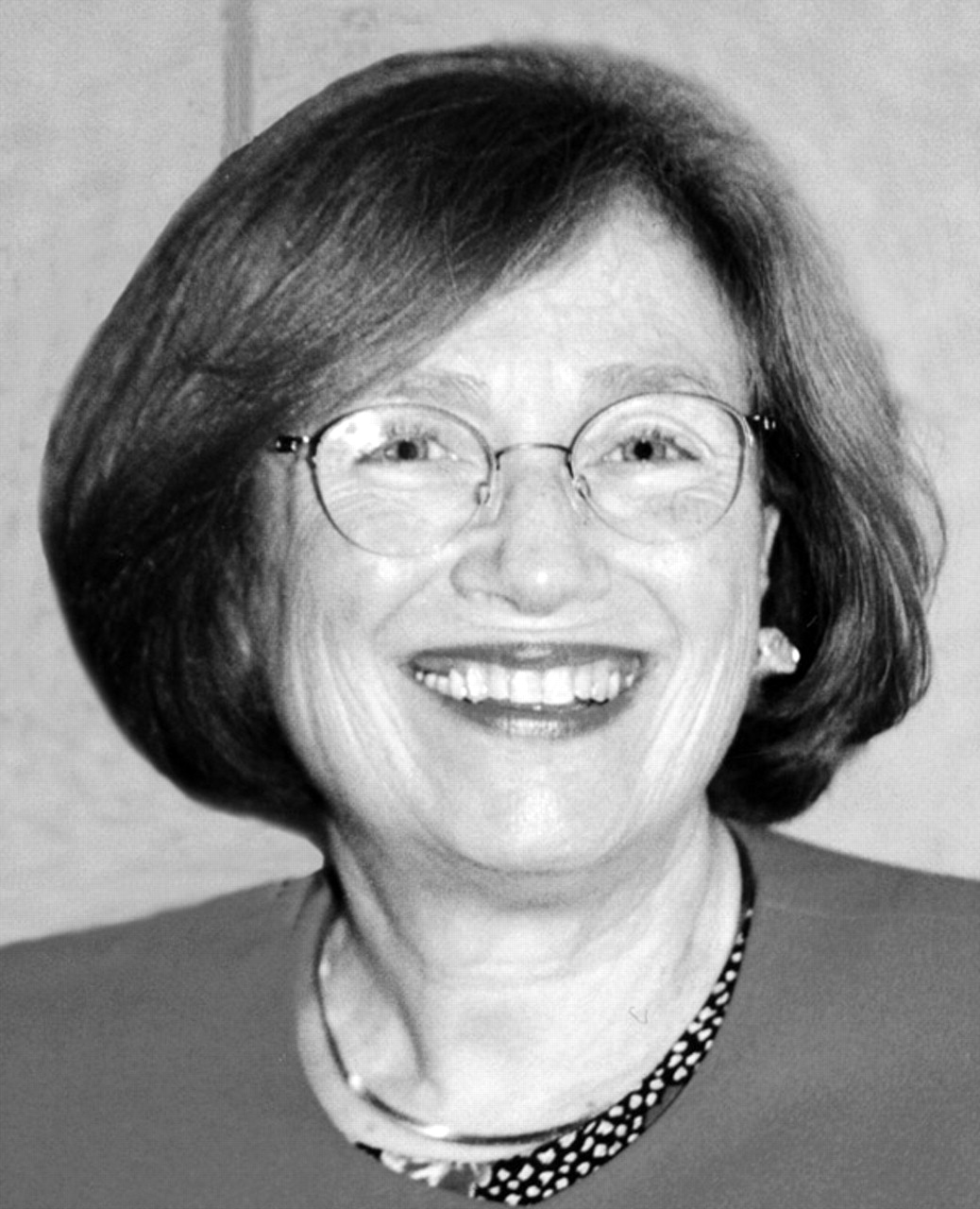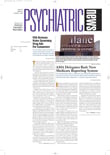Private Practice of Adult, Child, and Adolescent Psychiatry, 1968-
Distinguished Life Fellow (Member Since 1969)
Treasurer/Secretary-Treasurer, APA Board of Trustees, 2004-
APA: Founding Director, Office of Education; Senior Deputy Medical Director; and Chief Operating Officer, 1976-95
Georgetown University: Associate Dean, Academic Dean, and Professor of Psychiatry, 1995-2000
President, American Board of Psychiatry and Neurology, 1986
President, American College of Psychiatrists, 1999-2000
Experience, Energy, Effectiveness
As president, I will continue to work for APA by doing the following:
Advocating energetically and successfully for our profession, for our members, and for our patients.
Focusing on setting and supporting APA priorities.
Developing strong strategic planning, maintaining transparency and accountability, planning proactively for challenges.
Promoting patients' access to psychiatric care.
Protecting the physician-patient relationship.
Demanding appropriate reimbursement for psychiatric care.
Forging alliances to enhance our effectiveness.
Recruiting the best and brightest into the field.
Educating psychiatrists for excellent care and advocacy.
Working with district branches and state associations to ensure appropriate support, representation, and balance.
Welcoming and promoting members' diverse backgrounds, interests, skills, and practice.
Valuing all members and providing value for membership.
Increasing opportunities for member participation and leadership.
Guaranteeing openness and communication with members.
Developing procedures to address issues rapidly and effectively.
The president must play a proactive and creative role in leading Association direction and function. I have extensive experience as a clinician, educator, and administrator, as well as on the APA Board of Trustees, with demonstrated effective leadership skills in psychiatric and other medical organizations including advocacy, fiscal accountability, and professional development. I have served on or staffed multiple APA components and represented APA in Congress, the administration, and the media. As founding director of the APA Office of Education, I initiated APA efforts in education at all levels. As senior deputy medical director/COO, I was responsible for infrastructure (human resources, information systems, finances, and long-range planning), oversight of membership, meetings, publications; and representing APA at other organizations. During my tenure, the budget was balanced, with strong reserves and a five-year financial plan. I promoted leadership development of younger members (including resident and early career positions on the Board), and minorities. I initiated successful links with academic and public psychiatrists, other mental health professions, medical specialties, and advocacy groups.
As APA secretary-treasurer, I have focused on financial stability and strength, using our limited resources for key priorities—those that APA must do and that only APA can do. As a medical school dean, I gained experience in mission-based budgeting and management, planning, and development as well as medical education and care.
I have been president of several national psychiatric and other medical organizations, gaining greater perspective and skill in systems, substance, and organizational development.
As a clinician, I experience daily the challenges and obstacles faced by colleagues and patients, and recognize the importance of APA's efforts on our behalf. As president, I will limit my clinical work to ensure full availability, taking advantage of my Washington, D.C., location to work closely with the staff.
I know APA well and eagerly anticipate using my experience and energy to be a productive and effective president.
I ask for your vote and for your participation in our APA.
Primary Professional Activities and Sources of Income
Professional Activities
90%—Private practice (private office)
5%—Education and program consultation at medical centers
5%—Teaching at Georgetown and George Washington universities
Income
95%—Private practice (private office)
5%—Consultation

